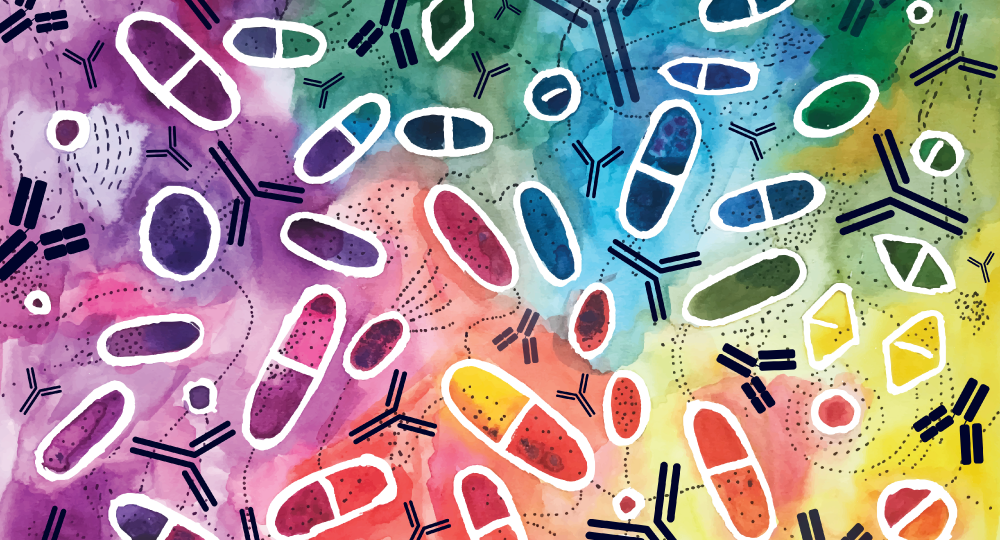Recent news has emerged on what looks to be a promising therapy for increasing outcomes and survival in patients with advanced stage melanoma: TIL (Tumor-Infiltrating Lymphocyte) Therapy.
Tumor-infiltrating lymphocytes are immune cells (made up of both B and T cells) that are found in solid tumors fighting the good fight, but in some patients these fighter cells can get overwhelmed by tumor cells. Enter experimental TIL therapy, an immunotherapy in the adoptive cell therapy (ACT) category, first described in 1980 by Rosenberg and colleagues. Similar to a more familiar ACT immunotherapy, CAR T-cell therapy used in blood cancers, TIL therapy involves harvesting the patient’s own T cells directly from the tumor, and then turning them into what Dr. Renier Brentjens of Memorial Sloan Kettering has described as a ” living drug”. Researchers take the harvested cells and let them multiply in the lab, vastly increasing the number of “fighters”. Alternatively, TILs can be genetically engineered for certain attributes to enhance their ability to fight more vigorously. Once ready, the patient receives a short course of conditioning chemotherapy, followed by an infusion of the patient’s own TIL cells which travel to the tumor and, with superior numbers and/or more robust attributes, now fights more effectively. Following infusion, the patient has a bolus Interleukin-2 to complete therapy. Though still experimental, studies have reported that TIL therapy yielded a significantly longer progression-free survival in patients with stage IIIC and IV melanoma than in the current recommended therapies. Clinical trial (NCT02278887) compared TIL and ipilimumab in a 1:1 ratio and reported 21% of patients receiving TIL therapy had an objective response to therapy , as compared to only 7% in the ipilimumab group. Another smaller study reported a 50% overall response rate to TIL therapy with 20% of patients showing a complete response. Clinical trials report that major side effects have not been observed from the TIL infusion itself, but side-effects are noted from the conditioning chemotherapy, mostly expected short-term neutropenia. This is encouraging, as current targeted therapies carry a greater possibility of adverse effects. Most encouraging of all, TILs appear to promote a long lasting effect in advanced melanoma although studies are still underway.
Resources:
American Association for Cancer Research
The New England Journal of Medicine
Journal for ImmunoTherapy of Cancer
—
Illustration by DrAfter123 on iStock





